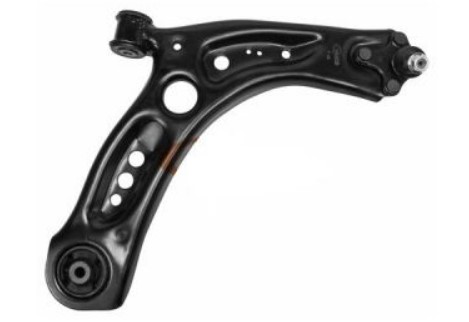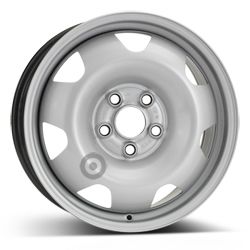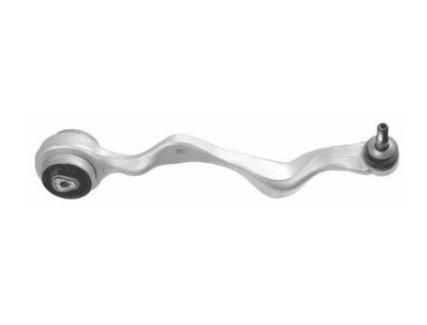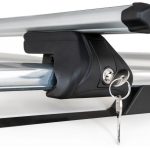How will you know if you need vehicle suspension repair?
There are numerous systems within a vehicle that work together to ensure a reliable and safe ride. One of these systems is vehicle suspension, which plays an essential role to keep your car ride not just comfortable, but upright as well.
However, the components of your car’s suspension may wear out after many miles of use. With this in mind, it’s crucial that you take care of any problems you notice before they become serious.
If you don’t know when to get car suspension repair, below are some of the signs you should watch out for:
Table of Contents:
Difficulty Steering
Difficulty steering may point to either your control arms or steering system within your suspension. Solving this might be as easy as addressing problems with your power steering fluid or it might be a more serious vehicle suspension repair service.
Without having your vehicle diagnosed by a professional mechanic, it can be hard to detect. This can be a problem as you’ll likely notice difficulty steering even at low speed.

Oil on the Struts
Your car’s struts use a hydraulic fluid to keep your vehicle ride smooth. If this liquid starts to leak, which may more likely to happen due to general wear and tear, failed rubber brushings, and cracked casings, it won’t be able to do its function and your ride will become stiff.
If your vehicle ride seems a little off, make sure to check your struts for any leaking oil. If there’s oil on the struts’ outside, they’ll have to be replaced as they can’t be refilled or reused.
Rough Ride
Vehicle suspension is crucial to have a bump-free and smooth ride. Its main purpose is to absorb the bumps and shock from the road, and to avoid the bounce that accompanies it. If speed bump makes your car jump and you experience rough driving, it’s time to take a look at your car’s suspension system.
Oftentimes, this suspension problem is because of driving your car with some worn-out shock absorbers. The main job of shock absorbers is to absorb the shock and keep your car on the road. However, as they become weak, the road bumps will send your car flying without any part that would pull it back on the ground. Once they wear out, the performance of your car will reduce and it’ll be more challenging to keep your car in control.
Your Car Sits Low
If you notice that your car sits low than usual, it can be a sign that you have a broken spring. You may also judge it by your car’s clunking sound every time you take a turn or go over a road bump. This is a sign that your suspension is broken or can’t support your car’s weight. Once you ignore this problem, it’ll put more pressure on your shock absorber and would result in early wear and tear.
Taking some time to recognize the symptoms of vehicle suspension problems can be the difference between a dangerous drive and a safe one. Any suspension problems that are left untreated or undiagnosed may cause further damage to some parts of your vehicle, which can increase your repair bills in long run.

Read also next article: Steel Wheels vs. Alloy Wheels
Many older car models and brand new cars on the lower price range come standard with steel wheels.









